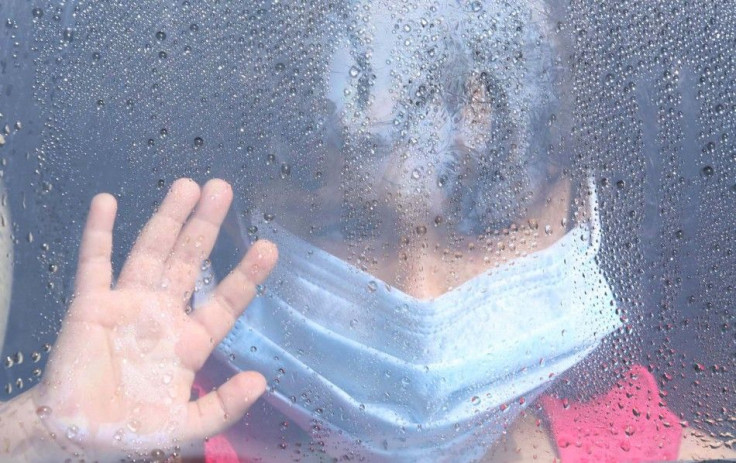Study: Masks Made Of Cloth May Actually Cause More Harm Than Good

According to a new study, using a cloth mask might actually put healthcare workers at risk of developing viral infections and respiratory illness. The researchers warned that the global use of cloth masks should be highly discouraged to prevent the spread of infections.
The study, conducted by the researchers at the University of New South Wales, was an attempt to clinically study the efficacy of masks made of cloth. The researchers conducted the study on health care workers in Hanoi, Vietnam.
“Cloth masks remain widely used globally because they are a cheaper option, especially in areas where there are shortages of protective equipment, including in Asian countries, which have historically been affected by emerging infectious diseases, as well as in West Africa, which was the epicentre of the recent Ebola epidemic,” said Professor Raina MacIntyre, the lead study author, reported The Economic Times.
During the study, the researchers categorized 1,400 health care workers from 14 different hospitals in Hanoi into three groups: workers wearing cloth masks, those wearing a medical mask and a control group that practiced the habit of wearing a mask.
The workers were asked to wear the masks in every shift over a period of four weeks. The study revealed that the level of respiratory infection was comparatively higher in the workers who wore a cloth mask for four consecutive weeks. The study results further claimed that 97 per cent of the particles are able to penetrate a cloth mask as compared to 44 per cent in the case of a medical mask.
“Effective controls of outbreaks and pandemics at the origin impacts us directly, so it is important for global disease control that the use of cloth masks be discouraged in high-risk situations,” said MacIntyre, reported HealthCanal.com.
The study has been published in the journal BMJ Open.
To report a problem or to leave a feedback on the article, send an e-mail to emailtoguneet@gmail.com.






